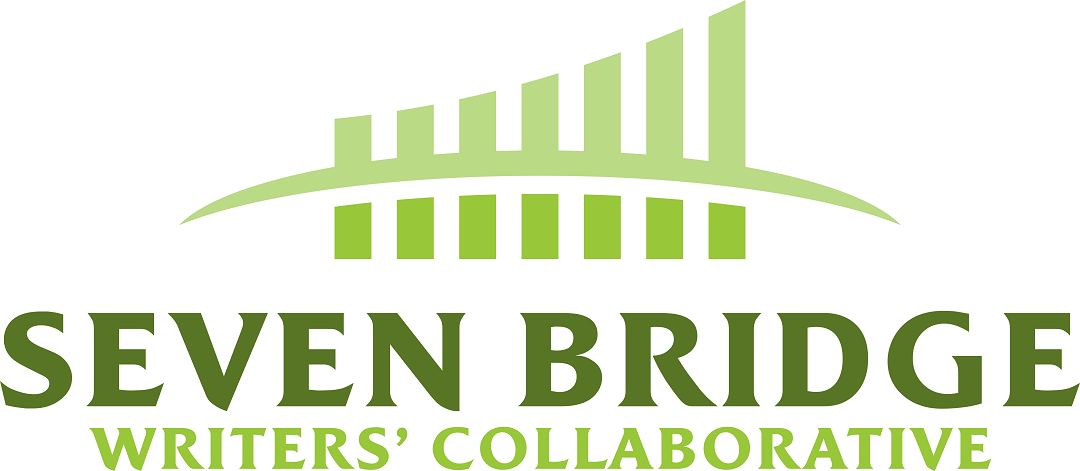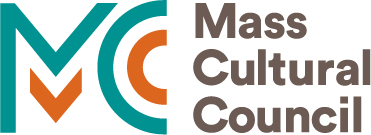The last weekend in October 2018, the River’s Edge Arts Alliance hosted its Pop-Up Play Festival, where local writer, Carolyn M. Mitchell’s, Table for Three, had its world premiere with ten other plays chosen for the 2018 festival. SBWC’s Paula Castner met with Carolyn to chat about her experience.
(Paula Castner) What is your background in writing, and how did you come to writing Table for Three?
(Carolyn Mitchell)As a child, I wrote in journals and loved writing short stories. In college, I majored in Human Development and Family Studies at Cornell but started taking writing classes during my senior year and met a professor by the name of Henry Louis Gates, Jr. who was incredibly supportive and encouraging. He helped me focus on my writing. Following college, I joined a weekly writing group and wrote a lot of stories, but then I went to law school, got married, had kids, and family and work life began to take priority. On and off, I have been involved in several writers’ groups, and for over a decade, I have annually attended an excellent week-long writing conference called the Green Mountain Writers Conference.
Two years ago, I started doing community theater, met some amazing people and had a lot of fun. I also realized that plays are mostly dialogue, and my strength in writing has always been dialogue. I noticed that there are few plays for women over 50 which don’t make you either a mom or a grandmother, so I decided to blend my love for drama with my love for writing and write a play about women who meet after work and talk about real life issues.
(PC) So, tell us a little bit about Table for Three.
(CM)It’s a one act, ten-minute play about three women friends who meet and talk over drinks and appetizers about their lives. The fourth character in the play is a male waiter who was essential for adding a comedic element to the play. The women discuss single, married and divorced lives, dating and aging, while the waiter, who is age appropriate, and through his timing, body language and facial gestures interacts/flirts with the women.
(PC) Can you tell us about the process of writing the play and why you chose to submit to the River’s Edge Festival?
(CM)I rewrote Table for Three several times. I had workshopped the play with Smith College Professor Len Berkman who is the Anne Hesseltine Hoyt Professor of Theatre at Smith and a long-term family friend. He liked the play, provided excellent feedback and encouraged me, so I had some friends who are actors read it. Then I had my sons’ friend, who currently is in college for film production at Emerson and is a screenwriter give me feedback, as well as a friend who is a novelist and who is the same age as the women in the play. I received excellent reviews and suggestions from all of them, so I rewrote the play again and decided to submit to several festivals because I really wanted it to be performed.
There are many one act play festivals in New England but I didn’t want to travel far because I wanted to be involved as much as I could. I ended up submitting the play to four festivals, and the River’s Edge Arts Alliance festival accepted it.
(PC) It sounds like this is your first play. What experience did you have before writing it?
(CM)I have never taken a formal play writing class, but there is much you can find online, so I read a lot. I also took a useful and fun two class workshop with Sarah Worrest at the River’s Edge Arts Alliance out of Hudson, MA.
(PC) What did you find to be different about the process of writing a play versus other types of writing?
(CM)My previous writing experience has been short stories, and I’m currently working on writing a novel, which is a coming of age story about a woman named Kate. In a novel, you have a lot of flexibility. You can write a paragraph which describes the taste, flavor, look and feeling of drinking a Midnight Mojito, but in Table for Three the character orders the drink, gets the drink and drinks it. You can write a little dialogue about the drink, but that’s it. As well, in a novel, you include backstory which provides information the reader needs about your character. In a play everything has to come through in the dialogue and the actions, and with a ten-minute play the words are limited. This means every word has to count, though I think that is true for whatever you are writing.
On the other hand, though, the benefit to one act plays is that they can be finished more quickly. My novel has taken a long chunk of my life to write. In addition, the experience of seeing your play performed is heartwarming and encouraging. You get positive feedback when working on a novel, but it is not the same as seeing your words actually come alive. Because of my experience with this festival, I find myself more motivated now to work on and finish a second play versus completing my novel.
(PC) Please share that experience with us. What did you learn, if anything?
(CM)It was amazing. I was allowed to go to the auditions to see the talent auditioning for the roles, and it was such fun to see the characters come alive for the first time. The director, Jen Finn, made all the decisions about whom to cast but she graciously welcomed my input. Because I had been in a play directed by Jen, I had a working relationship with her already which helped. I went to one rehearsal as well as a tech week performance, and it was exciting to watch as it all came together. The actor and actresses playing the roles asked me questions, which was a new experience for me. I had imagined in my head how the characters would sound and act, and the actor and actresses did a perfect job of bringing the characters to life.
I learned that simplicity in props, makes it easier for the cast and the director. I had thought I had written a play with very few props but setting a scene in a restaurant where people order drinks and food made for a lot of props. This is not an issue with writing a novel. I also learned that it is ok to let go, meaning, letting go of control of the baby you have created and to trust the actors, the director and the process.
(PC) You indicated that this experience makes you want to do another play. Are you working on something new?
(CM)First, let me say that my true passion is for the novel because I have the flexibility to write so much more, and I am motivated to finish Just Kate. My day job as a divorce lawyer/mediator means I write a lot of 23-page separation agreements, but there is no creativity in that. I am working on something new because playwriting is such an amazing immediate vehicle for creativity. I’m writing a second one called, A Magician, a Witch and Britney Spears. It’s a Halloween themed comedic play. With Table for Three, I had an urge to send a message, but now I want to do something fun. I’m also working on a relationship themed play about memories and how we tell stories.
(PC) Those sound like wonderful, fun plays. I look forward to seeing them performed. As we end, would you share with us any last thoughts about what has helped you as a writer?
(CM)I have been in a lot of writers’ groups over the years in Cambridge, Harvard/Bolton and now with Seven Bridge. Being a part of those groups and attending the Green Mountain Writers Conference each summer is where I realized that all the short stories I had been writing were about this woman named Kate and that maybe I might have a novel. Now I am in a critique group with Seven Bridge, and my hope is that within the year I may finally finish the novel. Having a regular deadline to write, edit and rewrite will certainly help with my commitment. Also, as previously mentioned, every summer I go to the Green Mountain Writers Conference which meets for a week in Vermont. GMWC is a wonderful conference where published authors and poets offer workshops, writing is done and writing is critiqued. It is a great time to write without distractions. You become immersed in a world with writers which is both enriching and extremely supportive. I love when I go there and can leave my other world behind. All writers need a time and a place where the writing can just get done. The website for GMWC is www.vermontwriters.comfor any writers interested in learning more about the conference.

